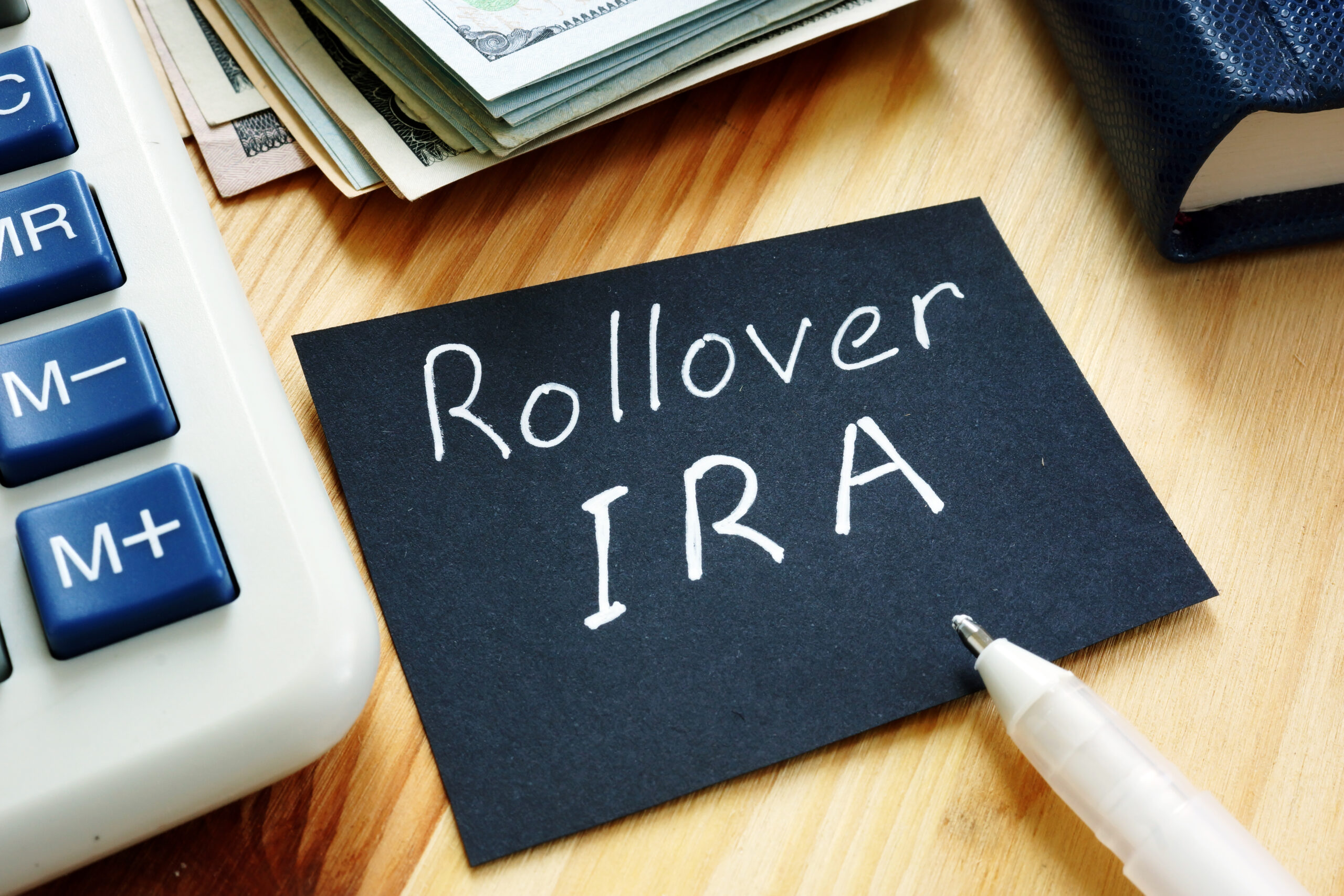The IRA rollover rule refers to the Internal Revenue Service (IRS) regulations that govern the movement of funds between different Individual Retirement Accounts (IRAs) and other eligible retirement plans. The rules are in place to ensure proper management of retirement savings and to avoid tax consequences or penalties. Here are the key aspects of the IRA rollover rule:
- Direct rollover: A direct rollover occurs when funds are transferred directly from one IRA or retirement plan to another without the funds passing through your hands. This type of rollover does not have any tax consequences or penalties and is the recommended method for moving funds between retirement accounts.
- 60-day rollover: The 60-day rollover is an option that allows you to withdraw funds from an IRA and deposit them into another IRA or the same IRA within 60 days. This method is more flexible but comes with certain restrictions and potential tax consequences.
- One-rollover-per-year rule: Starting from January 1 of a given year, you can only complete one 60-day rollover from any IRA you own to another IRA, regardless of the number of IRAs you have. This rule applies to each IRA individually and not to the aggregate of all your IRAs.
- Tax implications: If you fail to complete the 60-day rollover within the specified timeframe, the distribution will be treated as a taxable event. Additionally, if you are under the age of 59½, you may also be subject to a 10% early withdrawal penalty on the taxable portion of the distribution
- Direct trustee-to-trustee transfer: Another option for moving funds between IRAs is a direct trustee-to-trustee transfer. This involves instructing the current IRA custodian to transfer the funds directly to the new IRA custodian. There is no time limit or frequency restrictions on this type of transfer, and it does not have any tax consequences or penalties.
It’s important to note that different types of retirement accounts, such as Roth IRAs, SEP IRAs, and SIMPLE IRAs, have specific rules and requirements for rollovers. Additionally, certain types of distributions, such as required minimum distributions (RMDs), are not eligible for rollovers.




